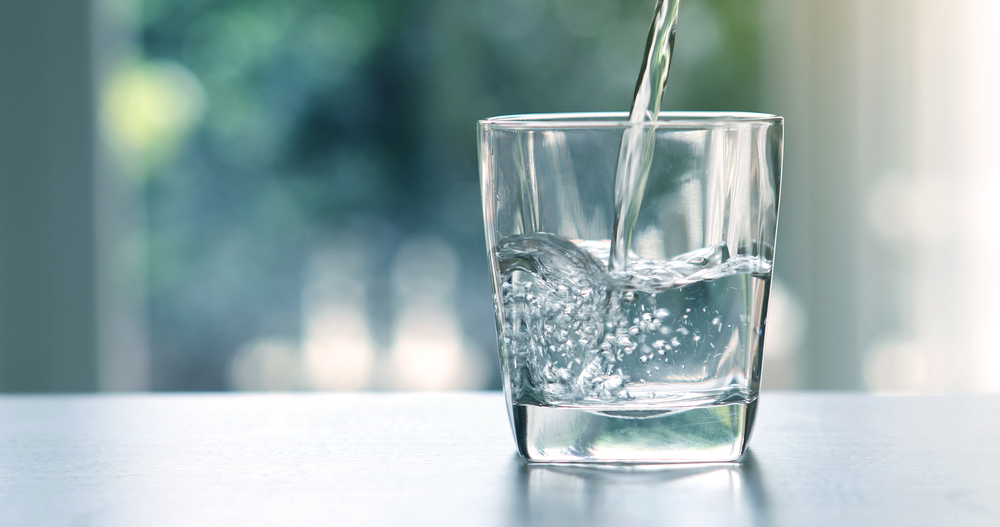Simple Trick to Remove Microplastics from Your Water.
Others are reading now
Eliminating plastic particles polluting the water we drink, even when they sometimes measure no more than a thousandth of a millimeter, seems like an impossible task. Yet, researchers now propose an incredibly simple solution.
Microplastics and Nanoplastics: A Ubiquitous Problem
-
Found in the soil we tread, the water we drink, and even the air we breathe, microplastics and nanoplastics are everywhere.
-
Researchers are developing techniques to eliminate them due to their potential significant effects on the environment and our health.
-
Complex filtration systems have been designed to capture these microplastics and nanoplastics (NMP) in water.
Also read
Boiling Water to Eliminate Plastics
-
Researchers from the Guangzhou Medical University (China) have presented a remarkably simple method in the Environmental Science & Technology Letters that could drastically reduce the amount of nanoplastics and microplastics we ingest by hydrating.
-
The process involves boiling our water.
The Science Behind the Solution
-
The researchers worked with hard water, high in minerals, especially calcium and magnesium salts, which tend to naturally form calcium carbonate (limestone) when heated.
-
They observed that this calcium carbonate forms crystalline structures that encapsulate nanoplastics and microplastics.
-
The remaining step would then be to clean the limestone accumulations loaded with NMP. To eliminate those still floating, water can be filtered using a simple coffee filter.
Microplastics Trapped in Limestone
-
Boiling hard water containing 300 milligrams of calcium carbonate per liter for 5 minutes can eliminate 90% of floating NMP.
-
Even for water with only 60 milligrams of calcium carbonate per liter, boiling can remove about 25% of nanoplastics and microplastics.
-
This is particularly interesting considering that the optimal concentration for water consumption is between 80 and 100 milligrams of calcium carbonate per liter.
This simple yet effective method offers a promising avenue for reducing our intake of harmful microplastics and nanoplastics, leveraging the natural properties of hard water and the process of boiling.


